Studio Recording vs Home Recording: Are Pro Studios Still Relevant?
We compare home recording to professional studio workflows.
In this studio recording vs home recording debate, we find out about the pros and cons of each of the two contrasting creative environments.
In this Article:
How does making music in a professional studio compare to recording at home? Until Boston’s eponymous debut album in 1976, the idea of home recording was so foreign to the music industry that hiding the album’s home-baked origins from Epic Records became one of the great Rock ‘n Roll swindles of all time.
Studio Recording vs Home Recording
In contrast, in today’s streaming and live performance orientated music industry, creating records at home is far from a clandestine operation. However, there are still ways in which we can benefit from using pro studios for some of the processes in record production, the same way that Tom Scholz did all those years ago.
Studio Recording vs Home Recording: Home DAW Advantage
Making music in your own home studio has many advantages over using a professional studio. Without the constraints of a studio’s rental costs and operating hours, you have the flexibility to take as long as you like and learn as you go. Saving money on studio rental means you can allocate this budget elsewhere, on instruments and equipment to give you a unique edge in the creative process.
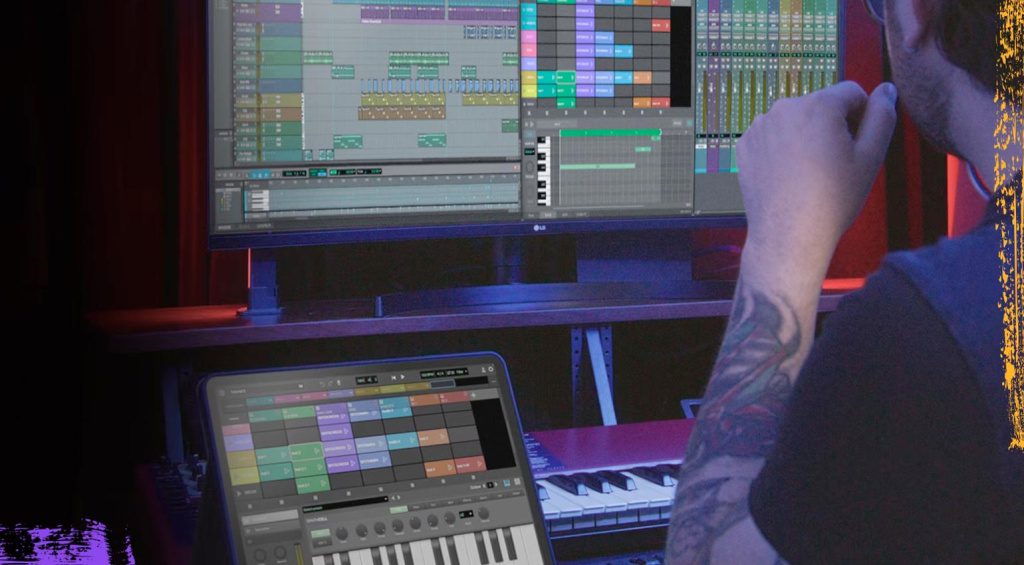
One of the main advantages of working from home is that you’re working with your own familiar set of tools. Your plugin and sample libraries, your DAW, and your favourite hardware instruments and effects provide the perfect platform for creation. From the lighting to the furniture, every aspect of your home studio is personalized to your taste, and this contributes to your creative freedom in one way or another.
Inspiration may come to you at any time, so having your own studio at home is a major convenience that allows you to capture ideas as they arise and work on them whenever you have time. Luckily, recording at home has become increasingly affordable since the 1980s, so you can create music without having to spend tens of thousands.

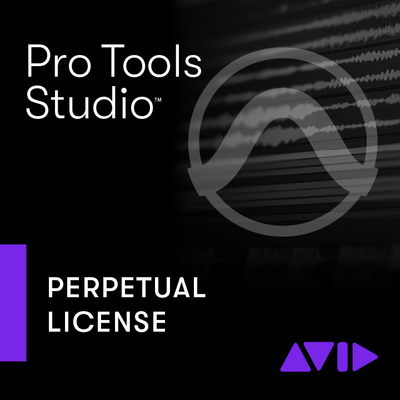
Studio Recording vs Home Recording: Home Studio Limitations
Although you can work at virtually any time of day or night in your home studio the lack of acoustic treatment and soundproofing can be a major disadvantage. If you’re doing acoustic recording or using studio monitors, you’re immediately confronted with several challenges that stem from sound leaking into or beyond the boundaries of your studio.
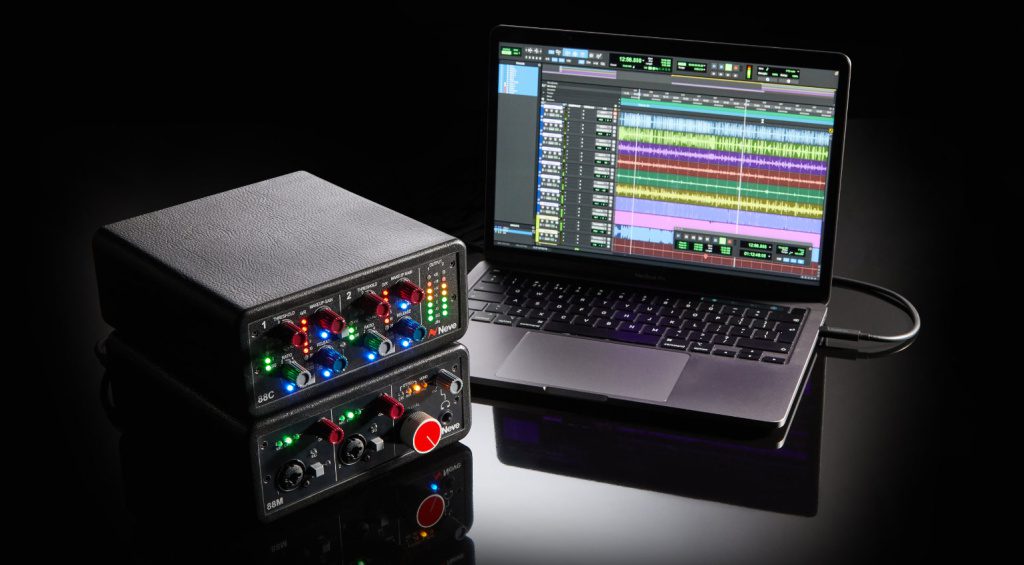
Another aspect of home studio recording is the limited budget. The endless microphones, preamps, outboard gear, and monitoring options offered by pro studios come with a hefty price tag, so you’ll have to get by with some of that punk rock DIY spirit.
If like me, you work from home, you’ll know that the environment comes with distractions that can often intrude on your work schedule. However, the discipline required and the need to upskill yourself will also make you more self-reliant. As you persevere through the learning phase, you’ll develop your own workflow that suits your creative process.

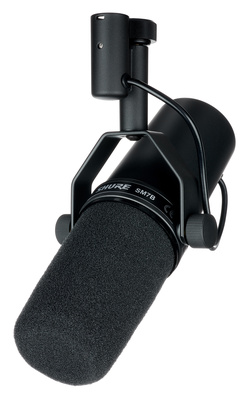
Studio Recording vs Home Recording: The Pros Of Going Pro
A professional studio environment provides acoustically treated rooms for recording and mixing, so you can take on anything from small solo projects with live drums to large orchestra recordings. With access to a professional vocal booth and a range of top microphones, you can ensure a commercial-level sound for your new single, album, or dialogue session.
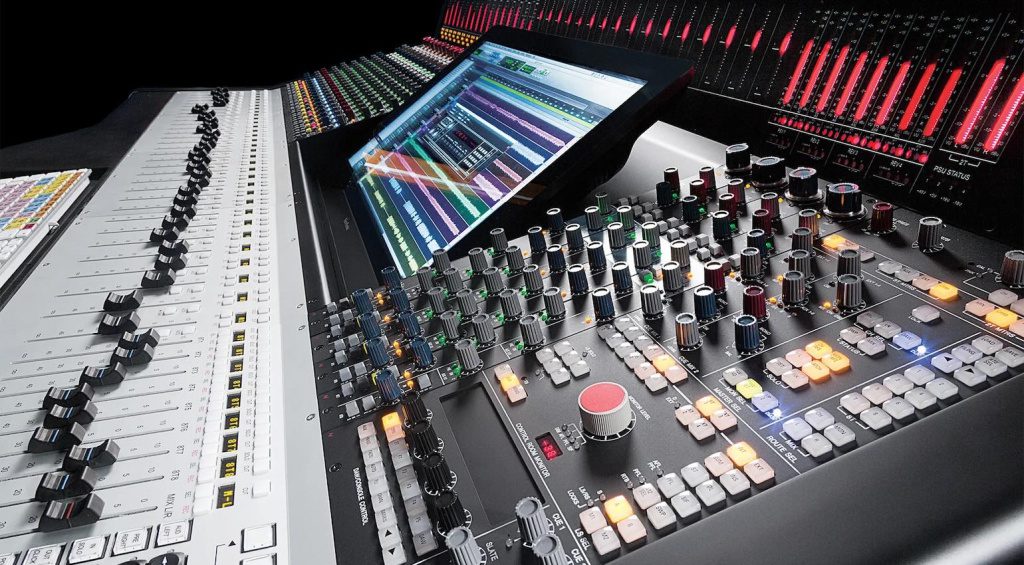
Besides microphones, studios also offer a wide range of mic preamps and outboard gear to track through. This means you can ensure the cleanest modern sound, or add vintage flavour on the way in. If you’re a new campaigner, studios connect you with experienced producers and engineers who can impart valuable knowledge to help you on your journey.
Because studios often charge by the hour, you will get a good sense of what it means to timeously prepare and execute each part of the recording process under the guidance of experienced pros. Even if you don’t plan on one day owning an SSL console of your own, there are certainly benefits to using a professional studio for one of your upcoming projects.

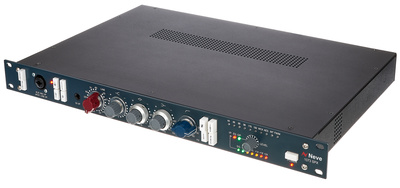
Studio Recording vs Home Recording: Big Studio Blues
Even though studio time is far more affordable now at many pro studios than it was in the mid-1990s, the cost of booking a studio for an entire project makes it unsustainable, even for major acts. Although pro studios offer a vast array of incredible gear, all the vintage equipment in the world won’t necessarily help you write better songs.
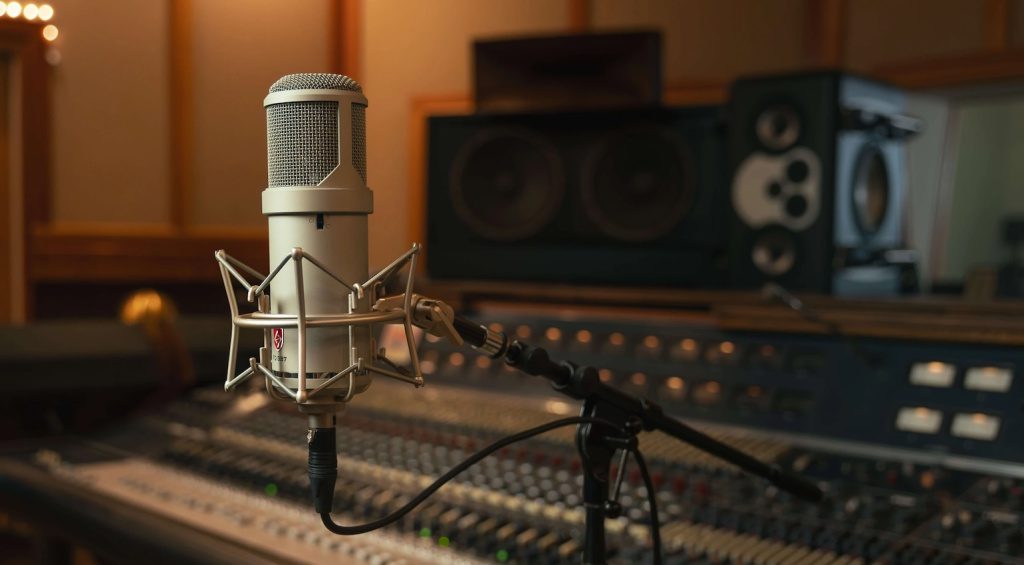
Most of us are confined to making music from home when we have the time, so it can be overwhelming to suddenly be confronted with a large format console and stacks of outboard gear. Even if you have the most helpful team, pro studios come with time constraints that can create pressure, especially if you’re used to working on music alone.
Besides navigating the gear, are you willing to relinquish creative control in different areas of your creative process? Working in pro studios is as much about managing personalities as it is about task management. Collaboration can lead to unexpected creative sparks, and you can learn a great deal in the process.

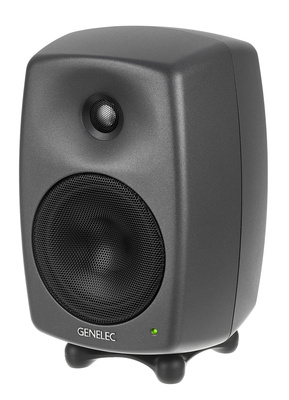
Studio Recording vs Home Recording: The Best of Both Worlds
Whether you prefer big studios or DIY workflows, there are ways to harness key aspects of each of these contrasting environments to get the best results for your projects. Because very few of us have professional vocal booths at home, this is a great area to use a pro studio. Start by having your song fully written and well-rehearsed, with separates that allow the engineer to create a great monitor mix.
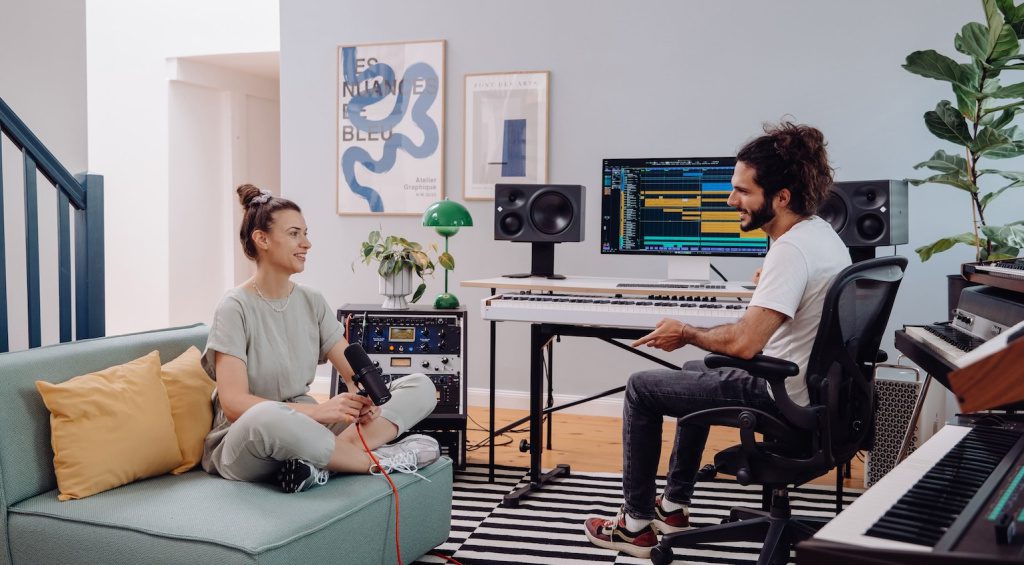
This ensures that you minimize the studio costs, and get the most from having professionally recorded and edited vocals to work with, which is a crucial element in most modern music styles. Another way you can take your DIY productions to new heights is by working with a professional mixing engineer.
While most of us mix as we go these days and thrive on the idea of mixing our own material, there comes a point where a division of labour can set you free to focus on the creative aspects. What’s more, a working relationship with a pro engineer can teach you so much when it comes to the sound you are creating in the first place.

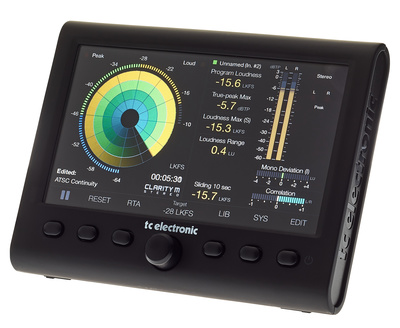
More about Studio Recording vs Home Recording:
*Note: This article contains affiliate links that help us fund our site. Don’t worry: the price for you always stays the same! If you buy something through these links, we will receive a small commission. Thank you for your support!
2 responses to “Studio Recording vs Home Recording: Are Pro Studios Still Relevant?”

 2,6 / 5,0 |
2,6 / 5,0 | 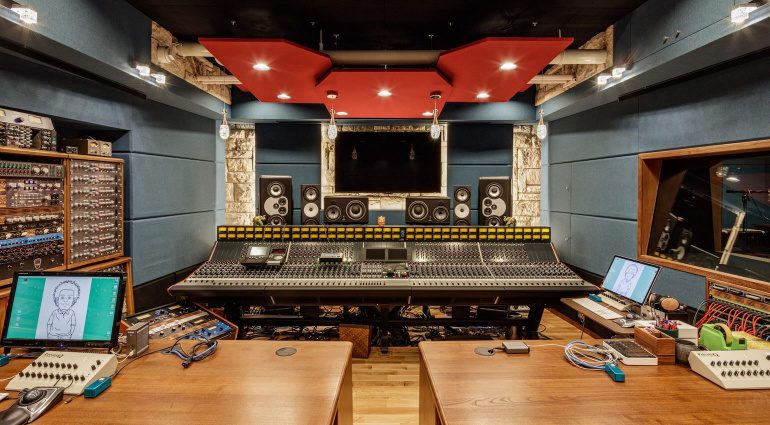


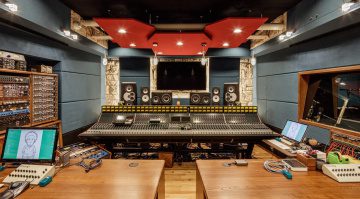

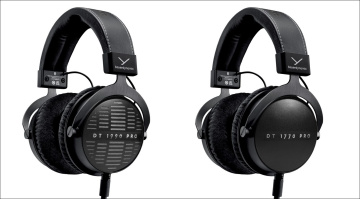
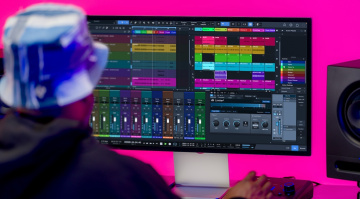
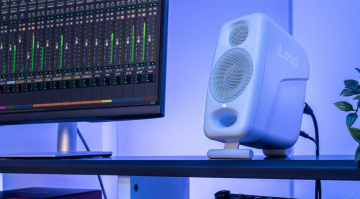
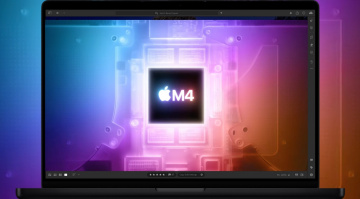

These days all music is shit, so you can mix it in a public toilet and it’s the same thing
A classic shitty comment. Just because shit exists doesn’t mean you have to swallow it. You’re probably one of those entitled people who expect everything to be handed to them, and the moment something doesn’t suit your taste, you dismiss it as shit—simply because you lack the ability to recognize today’s real gems. Just out of curiosity, I assume that if you’re on this site, you must make music. Care to share a link so we can listen to what you do?